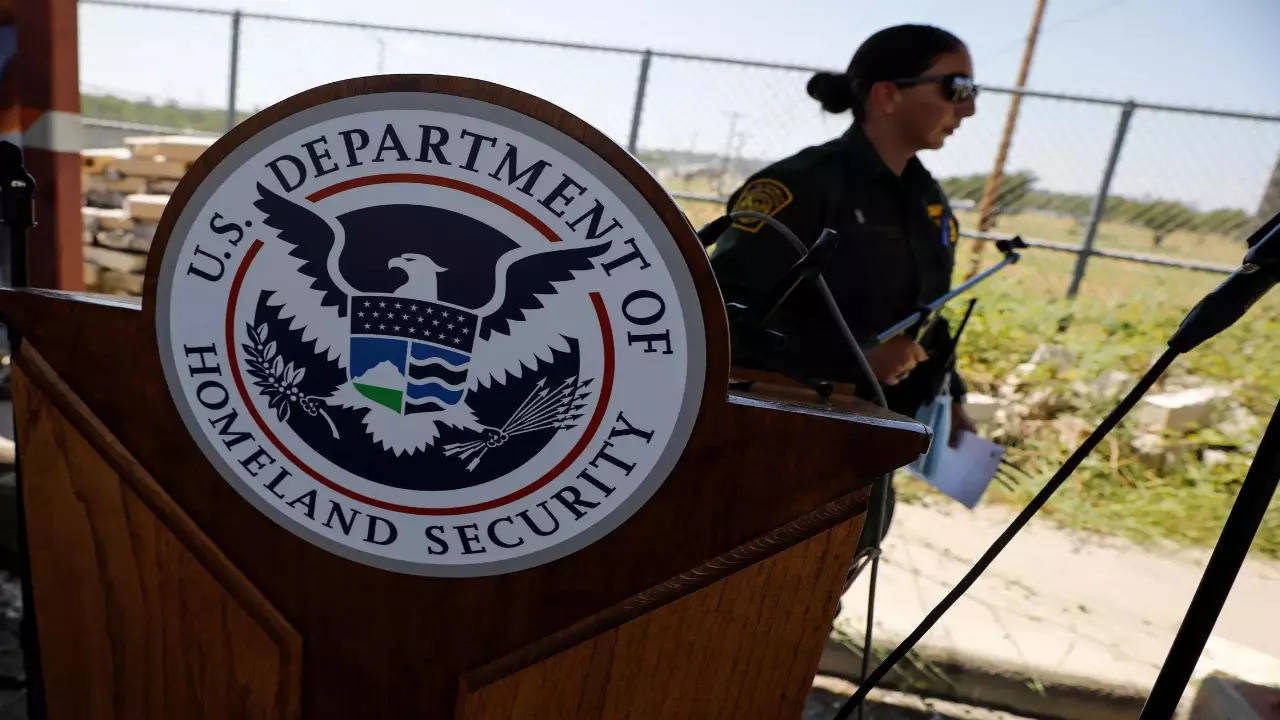As February 2 approaches, two crucial federal programs hang in the balance, both responsible for maintaining national security — one focused on detecting chemical, biological, and nuclear weapons, and the other designed to counter drones operating illegally in U.S. airspace. The potential disappearance of these programs is not due to controversy but rather their entanglement in contentious budget negotiations, risking significant repercussions for U.S. national security.
Countdown to Program Disappearance
The Department of Homeland Security (DHS) oversees these programs, which face an uncertain future if Congress does not take swift action. In the event of a government shutdown or the termination of their authority, officials warn that national security in the U.S. would be “diminished significantly.”

Threatened Programs and Their Importance
The first program under threat is the Countering Weapons of Mass Destruction Office (CWMD), established in 2018 to detect and counteract weapons threats. However, the legislation forming the office only guarantees its existence until 2023. If the office ceases to exist, critical funding for creating new scanning mechanisms, training law enforcement, and providing security teams for large events will vanish across the federal government. The office amalgamated responsibilities from agencies like Customs and Border Protection and the Transportation Security Administration, making its restoration a complex legislative task.
Mary Ellen Callahan, Assistant Secretary at DHS overseeing CWMD, emphasized the potential significant reduction in the ability to detect chemical, biological, radiological, and nuclear threats if the office is not sustained. The threat to the office’s survival has already led to an exodus of key staff, impacting its operational capabilities.
Uncertain Future for Drone Countermeasure Program
The second endangered program is tasked with detecting and countering drones flying illegally in U.S. airspace. Samantha Vinograd, Assistant Secretary for Counterterrorism and Threat Prevention, oversees this critical initiative. The recent rise in drone disruptions during public events and near airports underscores the importance of this program.
Without the necessary budget renewal, the program’s authority, extending to various agencies, including Customs and Border Protection, would expire. This would leave federal agencies powerless in countering drones engaged in illicit activities, posing a significant risk to public safety. The potential consequences range from the inability to prevent drug trafficking across borders to addressing security threats during major events like the Super Bowl or Thanksgiving Day Parade.

Urgent Call for Congressional Action
Officials stress the urgency of Congressional action to prevent the expiration of these programs. The looming deadline raises concerns about the continuity of vital security measures, hindering the ability to respond effectively to evolving threats. As budget negotiations unfold, the potential disappearance of these programs serves as a stark reminder of the intricate relationship between national security and the often fraught world of governmental budget negotiations.